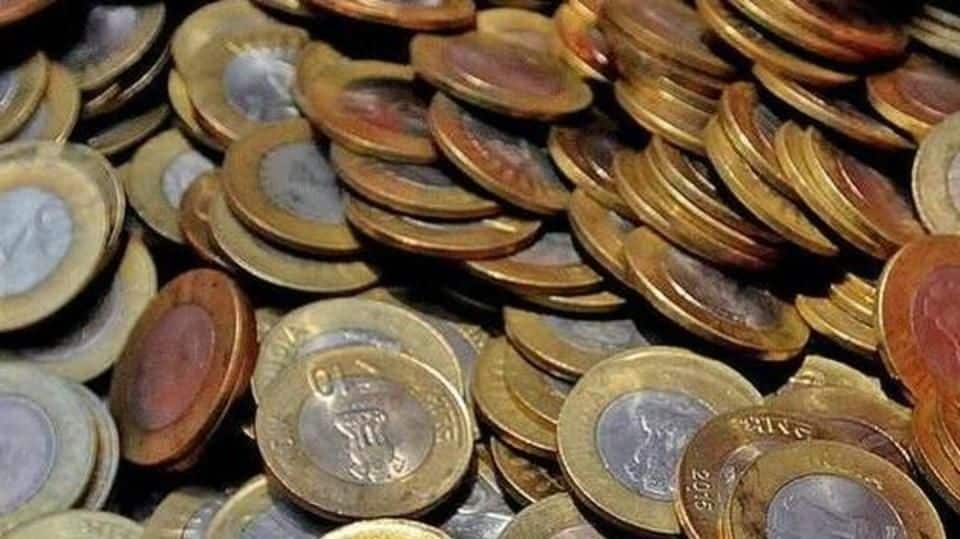
All 14 kinds of Rs.10 coins are valid, RBI reiterates
What's the story
The RBI has announced once again that all 14 kinds of Rs. 10 coins in circulation are valid. This comes amid reports that "there's reluctance on part of traders and public to accept Rs. 10 coins due to suspicion about their genuineness." The Rs. 10 coins have often been hit by such rumors. Here's what you can do if someone refuses to accept them.
Information
A brief history of the Rs. 10 coins
Rs. 10 coins were introduced in 2005, currently the highest coin denomination. People took time to get used to them after years of dealing in Rs. 1/2/5 coins. The fact that they were issued in several designs, all of which remain in circulation, didn't help.
Issues
Why people and banks remained hesitant to accept these coins
Earlier too, there have been phases when the public would turn hesitant to use Rs. 10 coins, mostly based on rumors about fake coins and RBI declaring Rs. 10 coins invalid. Getting them exchanged for notes from banks wasn't easy either: "There is pressure from the banking regulator, asking us to ensure that there is adequate flow of coins in circulation," a banker said.
RBI
RBI explains how 14 different designs happened
The RBI has released another statement on the matter, clarifying that "coins have distinctive features to reflect various themes of economic, social and cultural values." "As coins have longer life, coins of different designs and shapes circulate in the market at the same time," it explained, adding all 14 designs in circulation are legal tender. It urged the public as well as banks to continue accepting Rs. 10 coins.
Crime
Refusal to accept legal tender is legally 'sedition'
Rejection of legal tender is a criminal offense. If someone refuses to accept Rs. 10 coins, you can even file a sedition case against the person under Section 124A, the RBI says. If held guilty, one can be imprisoned for life. If this happens, simply visit the police station, show them the rejected coin and lodge an FIR against the person who refused it.